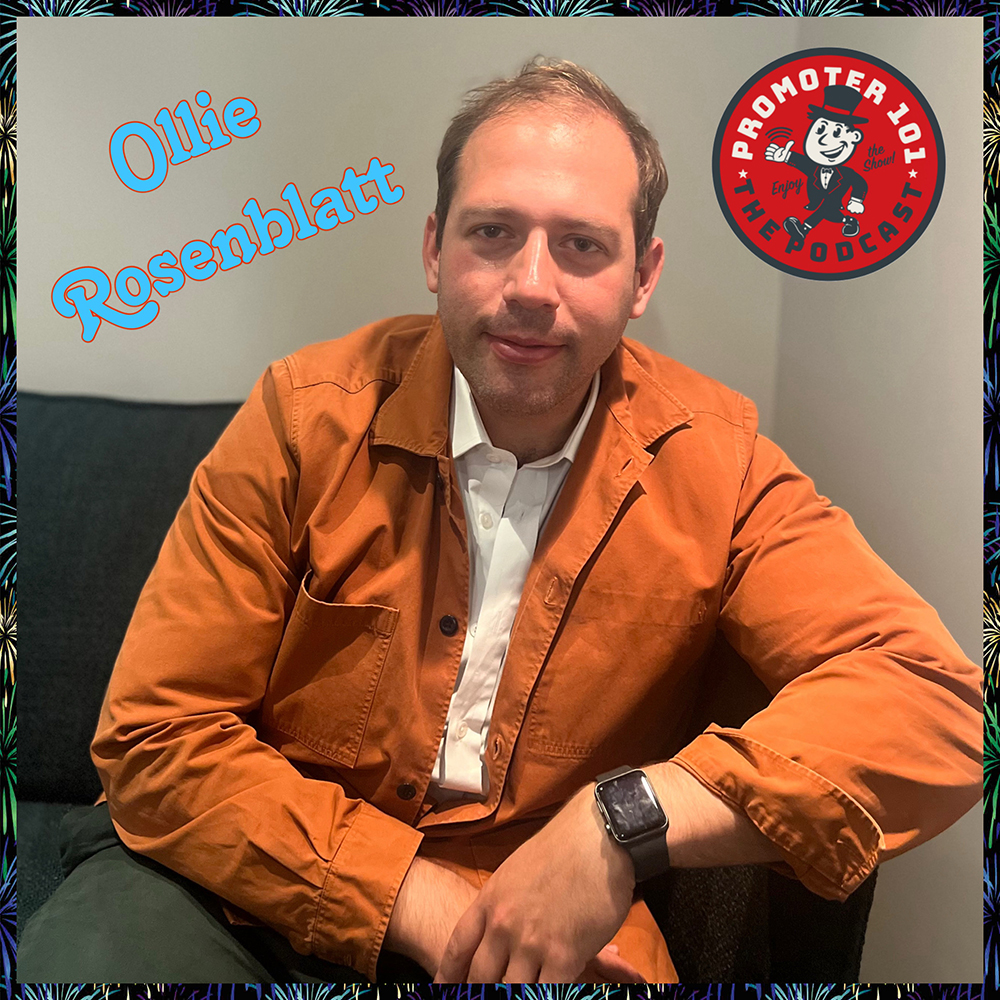
(CelebrityAccess News Service) – XM Satellite Radio now has 929,648 subscribers as it closed the third quarter of 2003 with an addition of 237,395 new subscribers, its best-ever performance. "The third quarter represented our largest quarterly increase in net subscriber growth and one million subscribers is around the corner," said Hugh Panero, XM president and CEO. "This strong performance positions the company for its 2003 goal of 1.2 million subscribers and primary goal to reach cash flow breakeven by the end of 2004."
On July 1, the XM announced it had a total of 692,253 subscribers after adding more than 209,000 subscribers in the second quarter. Meanwhile, XM's third quarter subscriber growth in 2003 represents a nearly quadruple increase over the number of subscribers the company added in the third quarter of 2002. Sequential growth from the second quarter 2003 to third quarter 2003 is consistent with prior guidance, and similar to the quarterly growth trends experienced by XM in 2002. –Jane Cohen and Bob Grossweiner


The company shelved its former online music service, pressplay, and was beginning to move subscribers to a beta, or working version, of Napster 2.0.
The service will launch with more than a half-million songs from all the major music labels and offer both individual song and album downloads as well as a subscription service. Pressplay, which went off-line Tuesday, only offered access to songs for a monthly fee.
Napster 2.0 users can expect prices to be in line with what other services charge, which is about $1 per song and about $10 for full albums or monthly subscription.
Like other music download retail sites, Napster 2.0 will incorporate some usage restrictions, but officials at Santa Clara, Calif.-based Roxio downplayed their effect.
"Ninety-nine percent or more of our Napster users will never bump their heads against any usage rules," Chris Gorog, Roxio's chairman and chief executive, told The Associated Press Wednesday.
"They're going to be in an environment where everything costs the same, where every song that they select they can burn to a CD or offload to their device, they can do it multiple times and they won't even know what the usage rules are because they are so flexible."
The company planned to disclose further details Thursday during an official launch.
The service will be available to the general public within a month, according to sources familiar with the plans.
Roxio is betting the Napster brand will help set its service apart from a bevy of other digital music retailers that have launched since Apple Computer Inc. introduced its iTunes Music Store in April.
Last week, MusicMatch Inc. launched a Web site that sells song and album downloads and boasts record label licensing agreements that offered the fewest copying restrictions yet outside of iTunes.
Others, including Buy.com's BuyMusic.com, RealNetworks' Rhapsody, MusicNow and MusicNet, are also vying for a piece of the market.
The new Napster will also have to contend with iTunes, which has sold more than 10 million songs and is expected to be available on the Windows platform by year's end.
"The space has become crowded because there's a recognition of this is going to be a very substantial business," Gorog said. "It validates Roxio's strategy to enter this business."
The music industry has seen CD sales plummet over the last three years as illegal music file-sharing exploded, beginning with the original Napster, which was forced to shut down in 2001 after a protracted legal battle with recording companies.
Meanwhile, file-sharing over the most popular peer-to-peer networks has declined in recent weeks, coinciding with a lawsuit campaign launched against downloaders by the recording industry.
Traffic on Kazaa's network, the most popular, dropped 41 percent between the last week of June and mid-September, according to Nielsen NetRatings, which monitors Internet usage.
At the same time, online music sales are expected to grow from 1 percent of the total music market to 12 percent in 2008, generating about $1.5 billion in sales, according to Jupiter Research.

(CelebrityAccess News Service) – In an historic move, artists and record companies have incorporated a nonprofit performance rights organization, equally controlled by a board of record company and recording artist representatives. SoundExchange, Inc., has an 18 member board of directors with nine seats controlled by artists and artist representatives and nine seats controlled by record labels.
Before the spin-off as an independent organization, SoundExchange was originally created three and a half years ago as an unincorporated division of the RIAA following the passage of both the Digital Performance Rights Act of 1995 and the Digital Millennium Copyright Act of 1998. To date, SoundExchange has distributed nearly $10 million in royalties.
"We are dedicated to the fair, accurate and efficient distribution of royalties," said President/Executive Director, John L. Simson. "SoundExchange is committed to ensuring that every artist and copyright owner of a sound recording is paid for each and every performance." SoundExchange has built a state-of-the-art system to process the tens of millions of performances on which their distributions are based.
AFM President and SoundExchange board member Tom Lee added, "Copyright owners and performers cooperate in the creation of great recorded music. In SoundExchange, performers and owners will continue to cooperate to establish fair license rates and distribute the maximum possible proceeds under rules that benefit us all. The AFM and its 110,000 members applaud the incorporation of SoundExchange as a new, free-standing entity , and look forward to our ongoing joint efforts with label and artist representatives to develop a responsible and efficient collective for our industry."
"I'm very pleased that SoundExchange adheres to this type of 'pay-for-play' approach", said Matador Records board member Dick Huey, "For independent labels, whose music is often ignored on mainstream radio, this promises to be a solid new revenue stream."
Board member Paul Katz, senior VP, New Business Development &Visual Media, BMG, said, "I am delighted that the artists will have equal representation on the Board and I welcome my artist and label colleagues to what I know will be a wonderful and cooperative relationship that benefits music and its creators."
"The RIAA is to be commended for their work in creating an independent SoundExchange," said Jay Cooper of the Recording Artist's Coalition, a SoundExchange board member and veteran industry professional. "This break-away is crucial in representing both artist and label rights."
"I'm very happy to be involved with this collective so that artists can be compensated for the precious commodity of music performance and creativity," said Aimee Mann, artist, record company owner and SoundExchange board member.
"The RIAA is pleased to have created the foundation of this collective especially at this critical time when the intellectual property rights and creativity of the entertainment community is being threatened and so closely scrutinized. SoundExchange will ensure the fair royalty compensation to those who have unduly waited for this entitlement," stated Mitch Bainwol, chairman and CEO of the RIAA.
"If performance income is to become a significant revenue source for artists and record companies, as it currently is outside the US, it is crucial for artists and record companies to work together in a jointly-controlled collection society" said Perry Resnick, SoundExchange board member and treasurer of the Music Managers Forum-US.
"We are proud to have been part of creating the first independent collective for sound recording performance rights in the country," said SoundExchange board member and AFTRA National Director of Sound Recordings Ann Chaitovitz. "As artists' representatives, we have worked to ensure that they share control of the collective together with the record companies. Now, we must all continue our efforts to expand the scope of what are still limited U.S. sound recording performance rights."
SoundExchange distributes 45% of all revenues directly to the featured
artist on a sound recording and 50% of royalties to the owners of the sound
recording copyright, most often the record company or the artist
themselves. AFTRA and the AFM, through their Intellectual Property Rights
Distribution Fund, distribute the remaining 5% of the royalties to
non-featured musicians and vocalists. SoundExchange represents over 450
record companies and their 3,000 labels and over 3,000 recording artists.
This is a really big day for all of us," says Gary Himelfarb, AFIM board of trustees, chairperson, Political Action/Advocacy Committee. "The spin off of Soundexchange from the RIAA now paves the way for this stand alone non-profit to collect and distribute royalties from webcasting and digital radio (such as XM and Sirius) to all record labels and performing artists alike." –Bob Grossweiner and Jane Cohen


Realtime Airplay Metrics (RAM) airplay reporting service. RAM, the first service to comprehensively track airplay on college, non-commercial and "early-adopter" radio, utilizes Audible Magic's patented digital audio identification technology. In light of its 25-year artist discovery and development mission, RAM is a natural evolution to CMJ's growing platform of media, event and data-centric products and services. SESAC, one of the three major performing rights organizations in the USA, will utilize RAM data in its monetization of non-commercial radio and its ongoing effort to improve the accuracy of performance royalty distributions to songwriters and publishers.
Hunter Williams, vice president, royalty distribution and research services for SESAC, said, "Today, more than ever, it's important to accurately account for airplay in this market, and the RAM system provides the most accurate and complete data available. SESAC has always been at the forefront of implementing best of breed technology, which is why we teamed up with Audible Magic two years ago. Their technology also drives RAM's reporting data so it represents still another successful aspect of our partnership."
Since entering into their agreement with SESAC, Audible Magic now monitors more than 65 stations for the PRO. The initial rollout, which began in the Fall of 2001, incorporated Audible Magic's content-based identification technology to monitor terrestrial radio broadcasts utilizing Internet simulcasts, covering several genres of music. The RAM service covers both terrestrial and non-traditional broadcasters and provides myriad reporting options in order to most effectively view and use the underlying data.
Jay B. Ziskrout, chief operating officer for CMJ beamed, "We are pleased that SESAC will be integrating data from the RAM system to help determine equitable royalty distributions to songwriters and publishers. RAM is a natural evolution to CMJ's growing platform of media, event and data-centric products and we believe it provides critical information to a PRO such as SESAC."
Audible Magic's automated broadcast monitoring systems use a patented digital fingerprinting technology to identify songs. Fingerprints are compared in a matter of seconds to the company's database of 3.7 million songs, covering the entire North American catalog and believed to be the largest in the world. Approximately 10,000 new songs a week are added to the database.
"In services such as RAM, our systems make it possible to monitor stations and genres that have not been accurately monitored before," said Vance Ikezoye, CEO and founder of Audible Magic. "We think CMJ's RAM service will also prove to be of interest to major and indie labels, as well as individual musicians and bands." –Bob Grossweiner and Jane Cohen


Internet provider America Online has apologized to state and local officials for a newspaper ad that suggested Idaho's capital city wasn't a fit place to launch a new product.
To make up for it, America Online set up a free concert Wednesday featuring the Counting Crows. The company also donated $25,000 to the Boise School District for music programs.
"I've actually been to Boise many times," Richard Taylor, AOL senior vice president, said Tuesday. "I love this city."
Gov. Dirk Kempthorne had fired off a note to AOL after seeing the ad in a New York newspaper touting a new service and declaring, "You didn't think we'd launch something like this in Boise, did you?"
"They have made amends," the governor said Tuesday. "They've done it with class."
——
On the Net:
http://www.aol.com/lowbrowser.adp


Seth Sheck, a former Perri employee and president of three-year-old Access Pass and Design, has acquired Perri's client lists, who were instructed by PERRi owner Tony Perry to follow through with their backstage pass needs with Sheck.
"The whole thing went down in 18 hours," Sheck told CelebrityAccess. "Not too often does one find the opportunity to purchase a company he was fired from 10 years earlier!"
Sheck told CelebrityAccess that he caught wind that Tony Perry was closing his doors and had nearly struck a deal with OTTO Entertainment to sell some of his assets. "So I contacted Tony to see what was up. He told me I would need to come up with “X” dollars by 2 pm next day to make the deal happen. Next day in a tattoo parlor, of all places, the deal happened! I purchased the soft assets that were unencumbered." –Jane Cohen and Bob Grossweiner
























































